Week 10: Haggai
Objective:
-
The Command to Build God’s House
-
The People’s Obedience
-
The Coming Glory of God’s House
-
Promised Blessing
-
Zerubbabel Chosen as a Signet
Resources:
- Fr Tadros Y Malaty Commentary
- Catena Bible Commentary
- Fr Dawoud Lamie Bible study (Arabic)
- Minor Prophets SUSCOPTS
Activity for every week: Can you recite the 12 minor prophets?
Reading:
- Haggai 1
- Haggai 2
Key verse(s):
"I will make you like a signet ring; for I have chosen you,’ says the Lord of hosts.” Haggai 2:23
NOTE TO SERVANT:
-
Please plan to ask and review these questions every week:
- Who are the minor prophets? Can you recite them?
- The theme for last week's minor prophet
- Highlight Messianic prophecy
- Who are the minor prophets? Can you recite them?
Minor Prophets introduction:
-
The Major and Minor Prophet division of the Holy Bible does not denote the importance or rank of the writing prophets, but the length of the Holy Books which bear their prophecies.
- Ex: Jonah 4 chapters - Isaiah 66 chapters
- There are 12 minor prophets and 4 major prophets (5 books including Lamentations)
- In the Tanakh (Hebrew Bible), all these books were listed under "prophets". In the Septuagint and Vulgate translations, this classification of major and minor was mentioned.
- The prophet in the OT was someone who passed God's message to the people. A prophet in the NT is also someone who passes God's message or news (God's love and salvation for all mankind).
- In the OT, there were many prophets (Moses, David, Elijah, Elisha, etc.), but when we refer to the "Prophets", we refer to the ones who recorded their prophecy.
- All prophecies had one goal: Repentance!
- Recorded prophecies were split into three groups: Before, during, and after the exile.
- Before: Repent so God doesn't bring the exile
- During: Repent so God can end the exile and take us back to our land
- After: Repent because the Messiah is coming
- The books of the prophets are rich with Messianic prophecies. Our Lord fulfilled all.
- The meaning of the names of the prophets is usually the message of their writings.
- The prophetic books always start with a strong tough message and then end with a joyful promising message.
- All books have different themes. All books have the same message (repentance).
-
|
Minor Prophets |
||
|
Before Assyrian Captivity Directed to the North Kingdom |
After Assyrian and before Babylonian captivities Directed to the South Kingdom |
After Captivity |
|
1. Hosea 2. Joel 3. Amos 4. Obadiah (Edom) 5. Jonah |
6. Micah 7. Nahum (Nineveh) 8. Habakkuk 9. Zephaniah |
10. Haggai 11. Zechariah 12. Malachi |
Comments:
Theme of Haggai: The restoration of the Temple
Messianic Prophecy: The Desire of All Nations (2:7)
- Haggai means "festive or My feast"
- Haggai was one of the three minor prophets who appeared after the return from exile
- Haggai started his prophecy before Zechariah the prophet
- The prophet Haggai is known only from this book and two other references to him in Ezra 5:1 and 6:14.
- Haggai returned from Babylon with Zerubbabel and lived in Jerusalem
- Haggai and Zechariah prophesied at the same time and both encouraged the people to continue building the Temple (Ezra 5)
- People had started rebuilding the Temple then stopped (Ezra 5)
-
The destruction of Jerusalem had humbled a once-proud people and they were influenced by the Persian view of all religions as equal in value.
-
The postexilic prophets ministered to discouraged and apathetic people who were tempted to believe that nothing they did made any difference from a religious standpoint.
- Haggai 1:
- V.1 Darius is a Persian King. The Israelites returned during the Persian kingdom
- V.2 The people quit rebuilding God's house and started building their own houses
- This is like the people who leave God and the Church and focus only on their work, school, job, family, etc.
- V.3 "Consider your ways" is a warning and to be attentive
- V.6 They did many things, but there are no blessings
- V.7-8 Invitation to return to God
- They thought that they couldn't rebuild another Temple that was as glorious as Solomon's Temple. God reassured them that He was awaiting on this new Temple and that He will glorify it
- It is a beautiful message that God is looking at the heart of the giver and not the gift
- V.12-15 Show the people's obedience after they heard God's words from Haggai
- After the people got scared of not following God's ways, God wanted to encourage them (V.13 "I am with you")
- God is like a good father who threatens his children to improve and become more serious but doesn't leave them all the way and returns to encourage them
- Haggai 2:
- V.6 "a little while" means that God's coming is not too far. We should be ready and waiting for him
- Haggai called God the "Desire of all nations"
- A prophecy that God will be desired and sought by all nations (not just Jews)
- A prophecy on God's acceptance of the Gentiles
- V.8-9 show that God has everything and He can provide His people with everything and sustain them if they return to Him
- V.23 The book ends with a special and joyful message
- The Royal Signet at that time represented huge importance and value as who owned this signet was someone who was in charge and owned the kingdom
- God will give His servants the kingdom and will make them heirs
- God's message to His people: "I have chosen you"
Review/recap questions:
**Servant may add more questions
- Give verse that proof God will be with His people.
- With what will God fill this temple?
- Why did the temple look as nothing in the eyes of some people?
- Who was chosen as a signet ring?
Homework:
**Servant may add more questions
- Who was high priest at the time of Haggai?
a) Zerrubabbel b) Joshua c) Darius d) Shealtiel - God asked the people to bring ______ to build the temple
a) Gold b) silver d) wood d) all of those - God will fill the temple with
a) gold b) silver d) wood d) glory - God said He will make Zerubbabel
a) king b) signet ring c) prophet d) prince

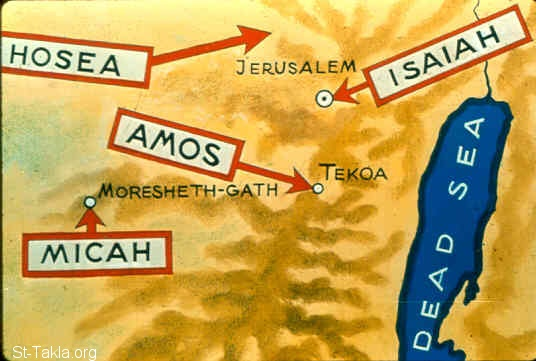
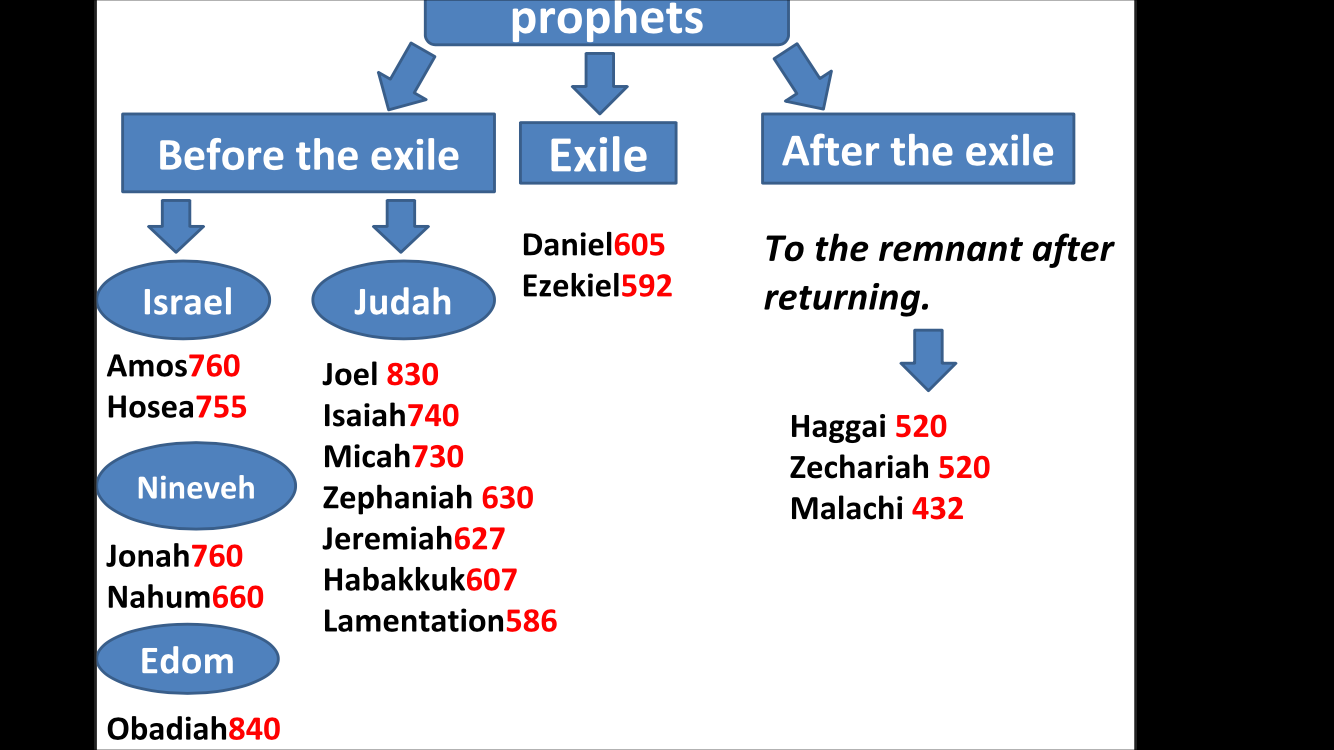
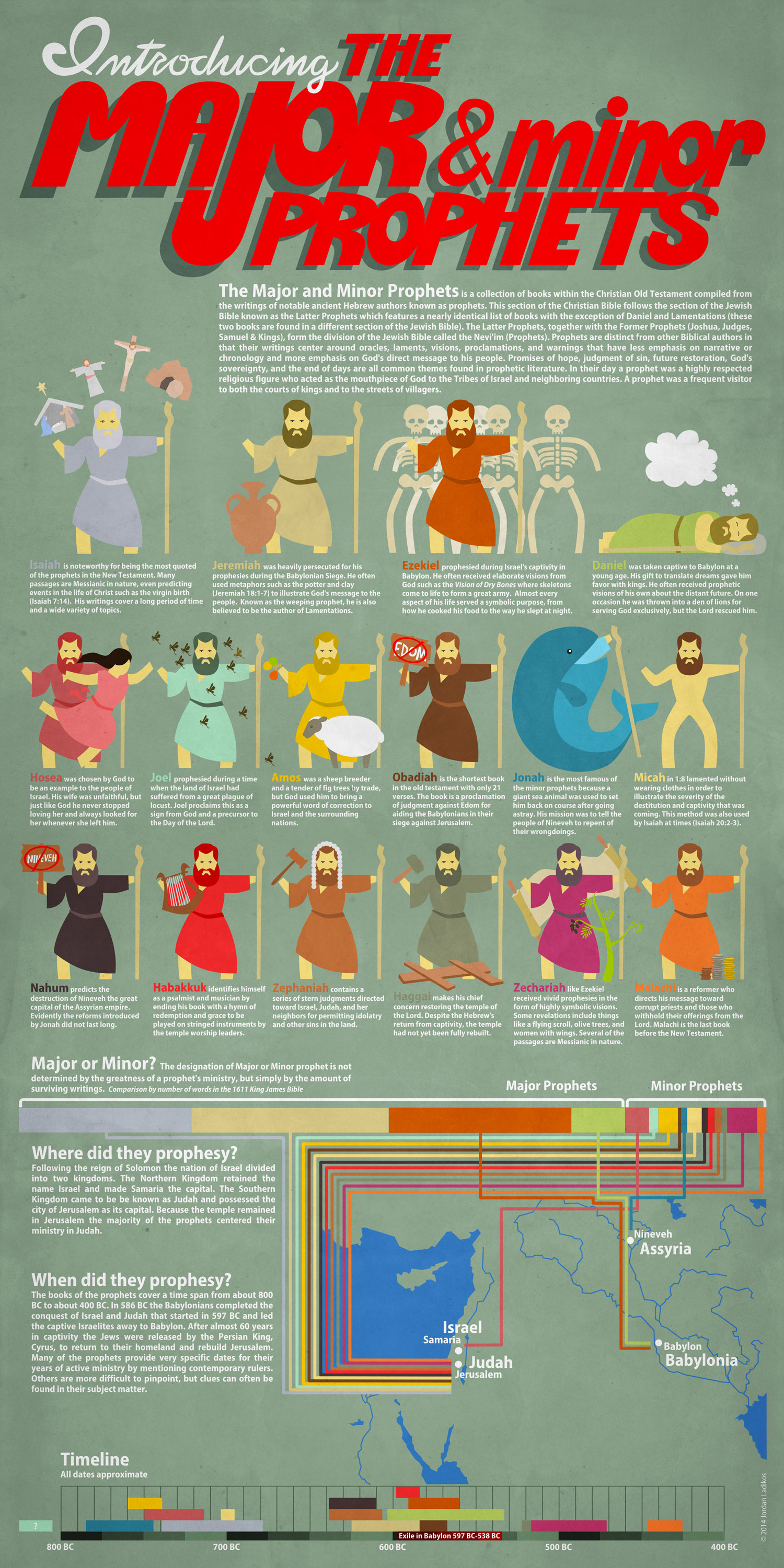
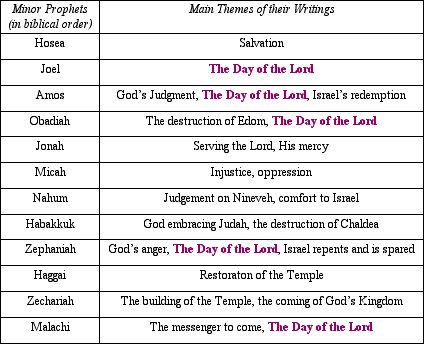
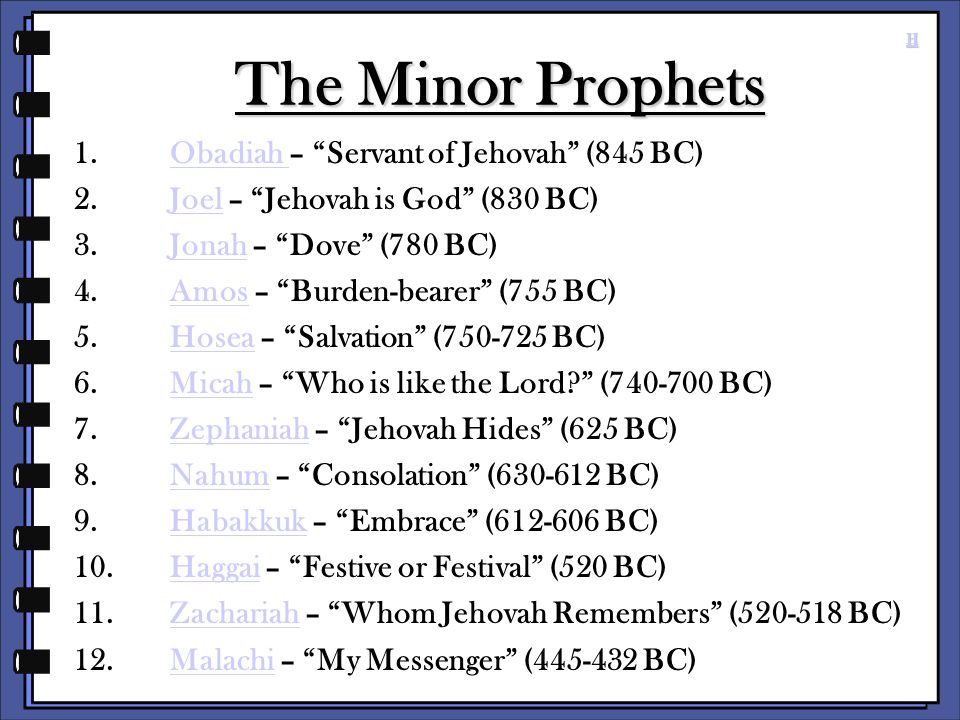
No comments to display
No comments to display